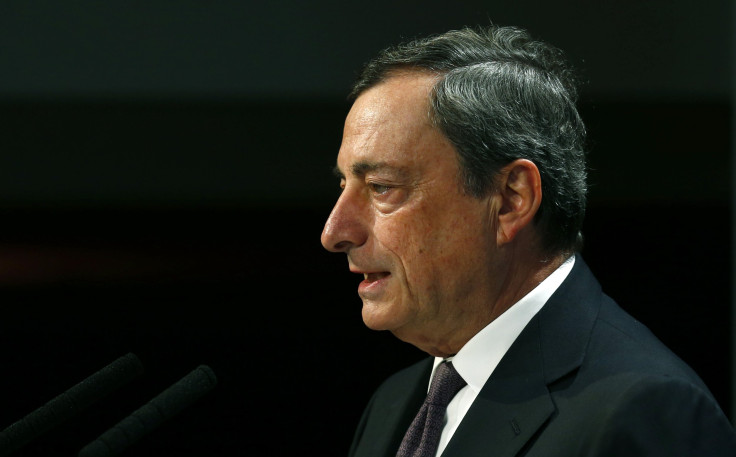Eurozone Unemployment Falls To 4-Year Low In October, Factory Growth Rises In November

Unemployment in the eurozone fell to its lowest in four years in October helped by a modest bounce in factory production, official data released Tuesday showed.
Figures from the European Union's statistics agency showed that unemployment rate across the region fell to 10.7 percent in October from 10.8 percent the previous month -- its lowest since January 2012, as the 19-member bloc posted quarterly economic growth in the 0.3-0.5 percent range for around a year.
However, disparities remain in the labor market with Germany’s unemployment rate dropping to 4.5 percent -- the lowest level since reunification in 1990 -- while Greece recorded the highest unemployment rate at 24.6 percent, followed by 21.6 percent in Spain.
The eurozone’s recovery gained further traction Tuesday after an industry survey confirmed that the bloc’s manufacturing Purchasing Managers' Index (PMI), a broad gauge of industrial activity, rose to 52.8 points in November from 52.3 the previous month.
Factory growth in the eurozone accelerated in November helped by a surge in production and international demand, the Markit Economics report said.
Italy, the Netherlands and Ireland showed the best factory growth in the bloc while Greece stayed at the foot of the table -- the only nation to have registered a contraction. Factory growth was boosted as new export business rose in Germany, Italy, Spain, Ireland, the Netherlands and Austria, the report added. The Greek manufacturing PMI recorded a reading of 48.1 in November, compared with its record low of 30.2 in July.
While this month's growth is the fastest rate at which factory outputs have risen in the bloc since April 2014, it was below economists' expectations.
The tepid growth could prod the European Central Bank (ECB) to roll out further stimulus to keep the positive momentum going, the report added.
While the bloc showed a sharp rise in production and employment, both growth and inflation were subdued, and ECB President Mario Draghi has reportedly signaled that policymakers will respond with action this week.
“It’s by no means a spectacular pace of expansion,” said Chris Williamson, chief economist at Markit in London. “The scene is set for the ECB to unleash further stimulus at its December meeting to ensure momentum continues to build.”
© Copyright IBTimes 2025. All rights reserved.





















